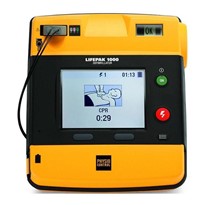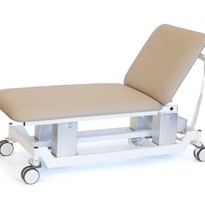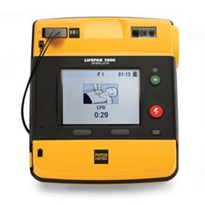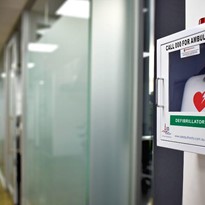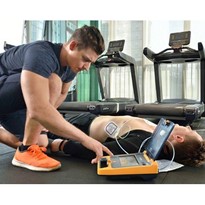These calls coincide with the launch of a new commission by The Lancet medical journal, dedicated to reducing the global burden of sudden cardiac death—a condition responsible for over half of all cardiac-related fatalities and up to 20 percent of overall mortality worldwide.
Karen Smith, an adjunct professor at Monash University’s Department of Paramedicine and one of Australia’s two commissioners on this initiative, highlights the alarming statistic that approximately 27,000 individuals experience sudden cardiac arrest in Australia annually, with a mere 11 percent survival rate.
However, research underscores a ray of hope: survival rates can soar to as high as 70 percent if immediate CPR and defibrillation are administered within the initial critical minutes. This underscores the urgent need for all Australian state and territory governments to emulate South Australia’s pioneering move and mandate defibrillators in all public buildings.
The Vital Role of Early Intervention Dr. Smith asserts the necessity of mandating defibrillators in new high-rise structures, government buildings, sports facilities, and schools. Swift action is crucial because for every minute without intervention, the chances of survival decline by approximately 10 percent. She stresses the importance of educating the general populace on recognizing cardiac arrests and appropriate responses, emphasizing that every workplace should be obligated to possess a defibrillator.
Dr. Smith further advocates for the registration of these defibrillators with local ambulance services, ensuring that emergency hotline operators can direct callers to the nearest available unit. She asserts that having defibrillators is futile if their location cannot be effectively communicated.
Moreover, Australia should invest in expanding cardiopulmonary resuscitation (CPR) training. Dr. Smith points to successful international models where CPR training is mandated for activities like obtaining a driver’s license in some countries.
Calls for Enhanced Defibrillator Accessibility In conjunction with the commission’s launch, The Lancet recommends exploring the deployment of defibrillators in taxis and drones. These mobile units could cover larger areas and increase the chances of delivering automated external defibrillators promptly to the scene of an emergency.
Another crucial recommendation from The Lancet is the expansion of genetic testing for assessing the risk of sudden cardiac death, making it more affordable and accessible. Jodie Ingles, an associate professor at the Garvan Institute of Medical Research and another Australian contributor to The Lancet’s commission, emphasizes that genetic testing can be the sole means of explaining sudden cardiac arrest fatalities, particularly when postmortem examinations are inconclusive due to the absence of a living heart for diagnostic tests.
Dr. Ingles acknowledges the challenges but also highlights the importance of genetic testing for families seeking answers. She notes that despite the obstacles, there is a significant need for research in this area, as even with genetic testing, informative results are obtained in only a fraction of cases—perhaps as few as 20 percent—highlighting the vast room for advancement in this critical field.




